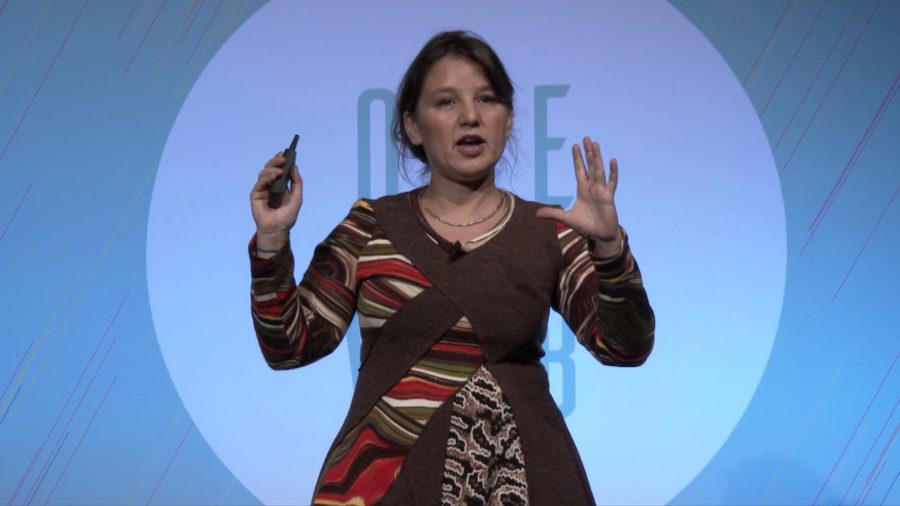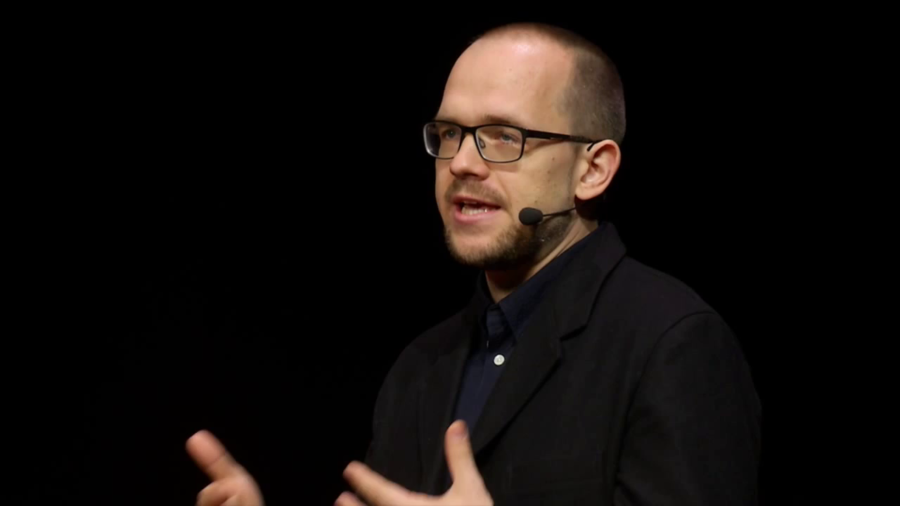If you look at the appeal that Silicon Valley has to a lot of us, and to a lot of public institutions especially, I think you can understand that the reason for that appeal is very simple. They can offer services that work, that work in a very effective manner, and that are offered more or less either very cheap or are mostly offered for free.
Archive

We have increasingly smart, surveillant persuasion architectures. Architectures aimed at persuading us to do something. At the moment it’s clicking on an ad. And that seems like a waste. We’re just clicking on an ad. You know. It’s kind of a waste of our energy. But increasingly it is going to be persuading us to support something, to think of something, to imagine something.

A couple of major platforms like Facebook and Twitter, YouTube, have become in many places around the world a de facto public sphere. Especially in countries that have less than free Internet, less than free mass media. And these countries have transitioned from a very controlled public sphere to a commercially-run one like Facebook.

